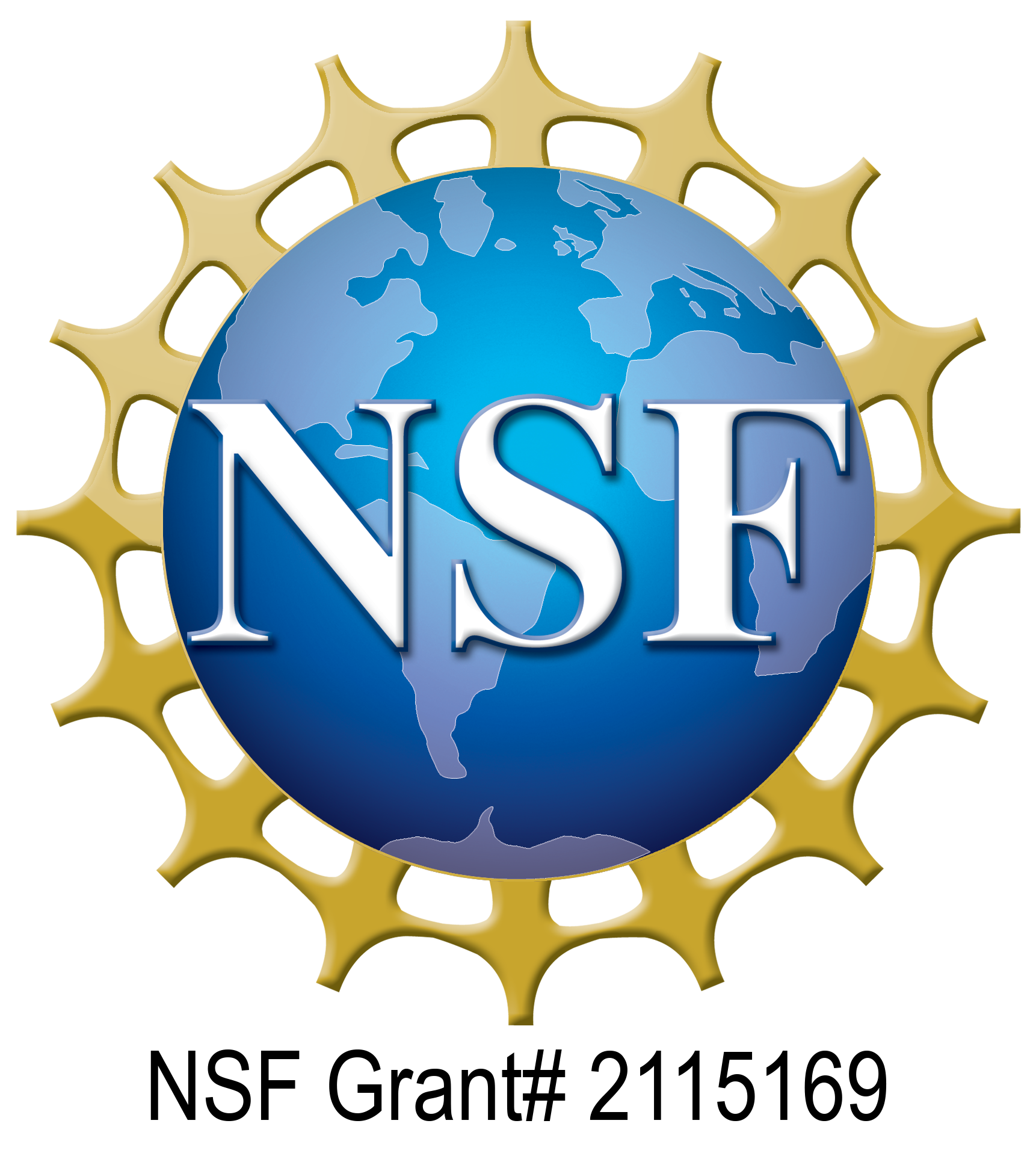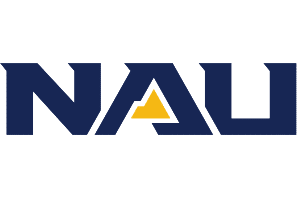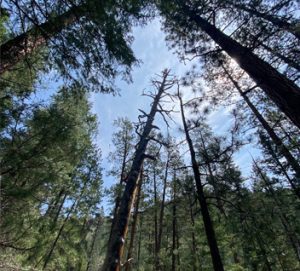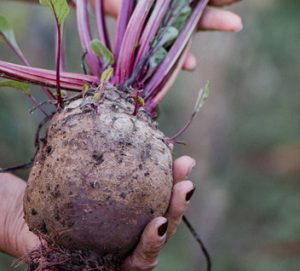Transformation Network
The Transformation Network (TN) aims to build resilient communities and ecosystems throughout the Intermountain Western United States.
The TN represents a partnership between eight Western U.S. universities with over 100 partner organizations representing Indigenous partners, governmental and non-governmental organizations, public utilities, conservation districts, irrigation districts, and municipalities.
Featured Project
Transformation Network Releases First StoryMap
The Transformation Network has released our first StoryMap — one of the products that came out of the Wildfire and Watershed Symposium we hosted in October 2024. The intent of our StoryMap was to share what we learned from this workshop, and how this knowledge will guide our research to improve the health of our forests and watersheds.
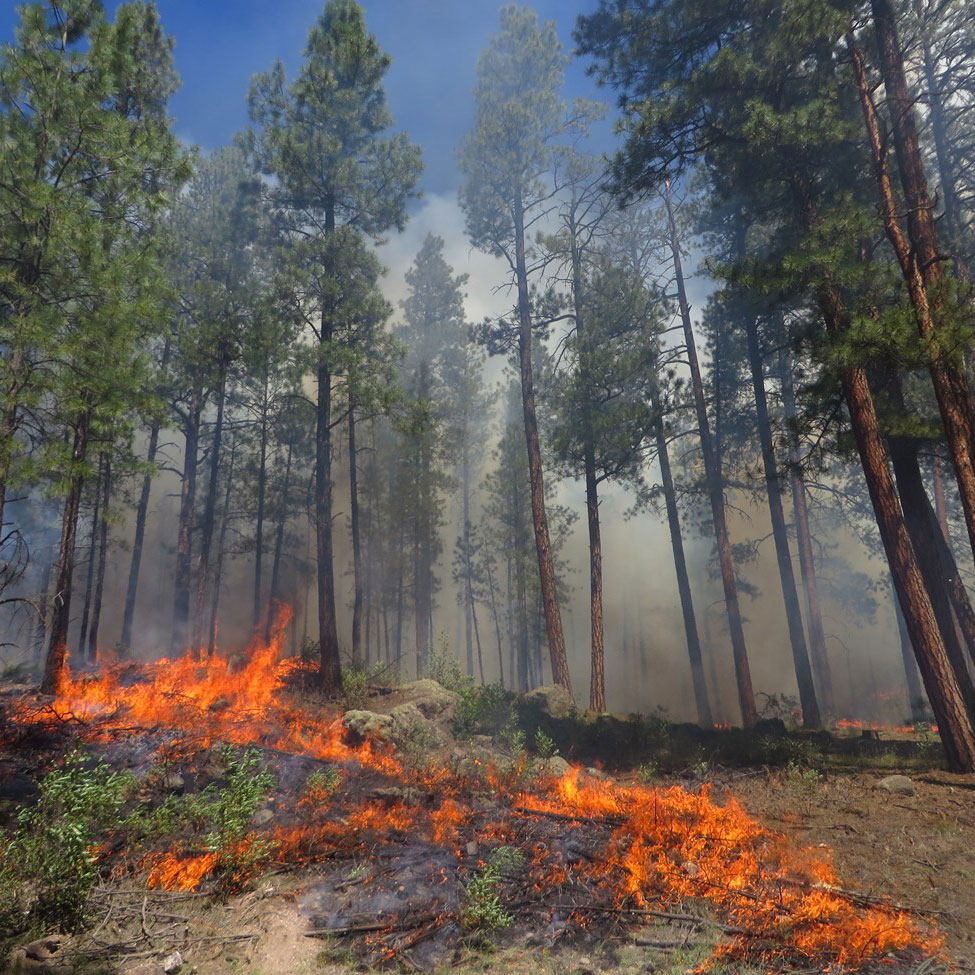
Core Research Themes
The TN team is advancing understanding of resilient headwaters, food-energy-water systems, and innovative governance models and institutions over a range of scales and domains.
